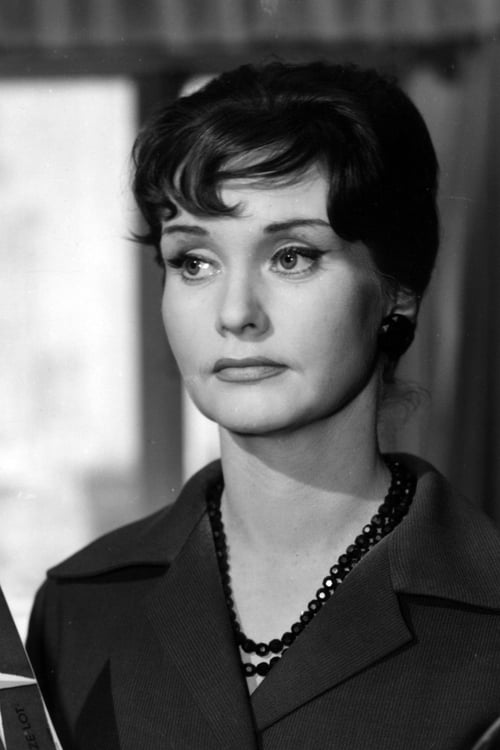Barbara Krafftówna
出生 : 1928-12-05, Warsaw, Poland
死亡 : 2022-01-23
略歴
From Wikipedia, the free encyclopedia
Barbara Krafftówna born 5 December 1928, is a Polish film actress. She has appeared in more than 40 films and television shows since 1953.
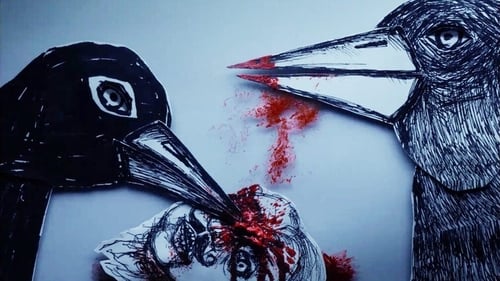
Mariuszek's Mother, Old (voice)
Fleeing from despair after losing those dearest to him, the hero hides in a safe land of memories, where time stands still and all those dear to him are alive.
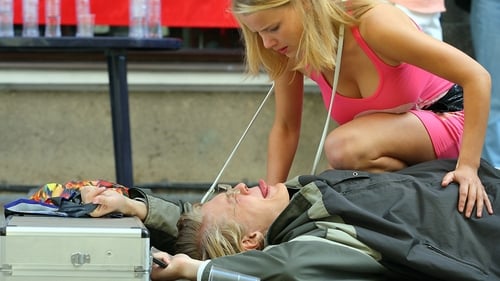
Hanna Walczak
Bozenka, a worker from a large bank, believes that only those who buy, truly live their life. And there is always not enough money! The reason for her frustration is also her husband, Stasiunek, who should be a devilish lover of the most beautiful women in the world, but in fact he is a lazy bumbler. And then one day she gets a chance…

Chorąży Rogujska "Goga"
When his grandson is beaten by gangsters, a Warsaw veteran gathers his war buddies to take them on.
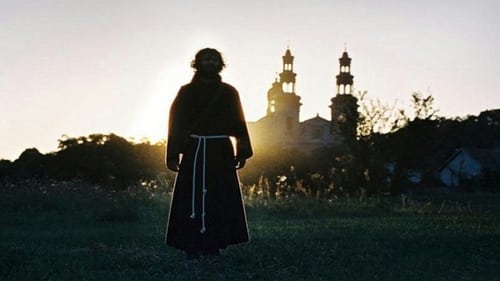
matka Jarka
A young, charismatic priest John, his time missionary in Africa, every day helping Warsaw young people addicted to drugs. Unconventional methods, which are used in pastoral work, raise many doubts about his superiors. Surprisingly, however, his life undergoes a sudden transformation when routine testing finds out that he is HIV positive.
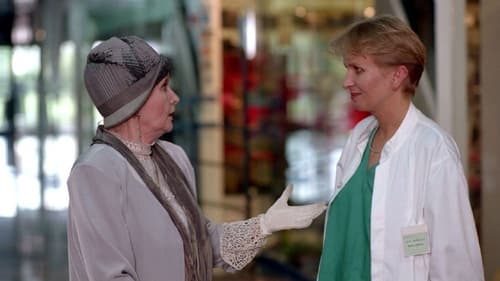
Zofia, matka Mateusza
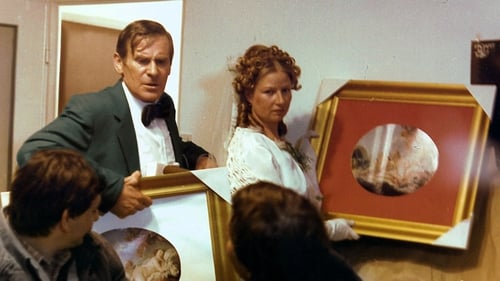
Zosia, żona profesora
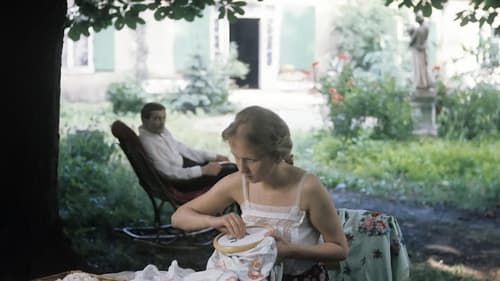
wojewodzina

Presenting a different approach to life, the three brothers meet at their father's funeral.
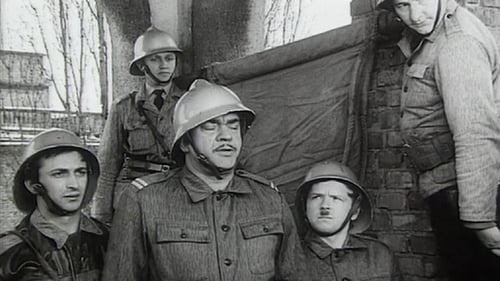
Barbara, żona Piotrowskiego

madame Michaud, właścicielka pensjonatu
Przygoda z piosenką (Pol. Adventure with song) is a Polish film musical comedy from 1969 directed by Stanisław Bareja.
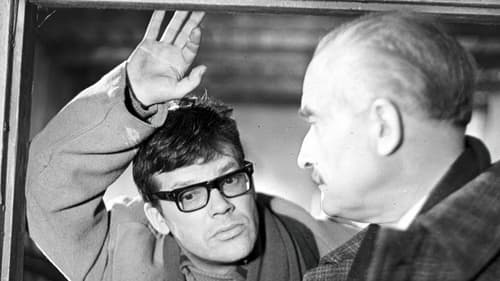
Jadwiga
A father searches for his son, who has been missing since WW II, in post-war Poland. In his quest for the truth about his son, the father is forced to contemplate the elusive and coded nature of truth itself.

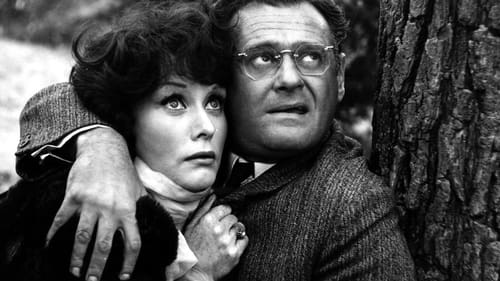
The first Polish film to discuss the failure of September 1939 Polish-German war. We can see it from the point of view of a university intellectual, fascinated by German culture, who decides to take active part in the conflict. Professor Gabriel Tomicki spends the last evening before WW2 breaks out quarreling with his university colleague Professor Dog-Lesniewski about the superiority of German over French culture. He finds German culture fascinating and believes neither in war, nor in Nazi barbarity. When the war begins, he tries to enlist and befriends Florentyna, a nightclub dancer and his neighbour. Gabriel falls in love with her, finally manages to become a soldier and even prove his courage. One day, he meets by chance his university adversary Dog-Lesniewski... —kinoholik
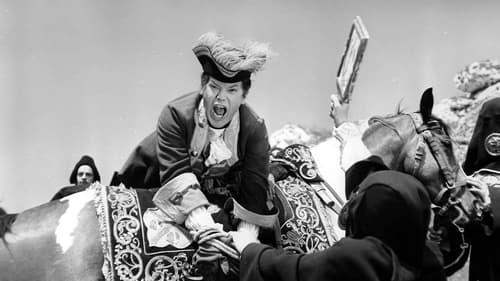
Camilla de Tormez
Upon finding a book that relates his grandfather's story, an officer ventures through Spain meeting a wide array of characters, most of whom have a story of their own to tell.

Musical directed by Kazimierz Kutz.

lekarka Michaska
After a violent quarrel, Nitka leaves her husband Andrzej. He meets a young girl with whom he is getting closer and closer.

Felicja
An actress travels from Warsaw to Paris and during the trip reflects on the last few years of her life. It goes back to the German occupation and her hiding of a fellow actor who has supposedly killed a collaborator.
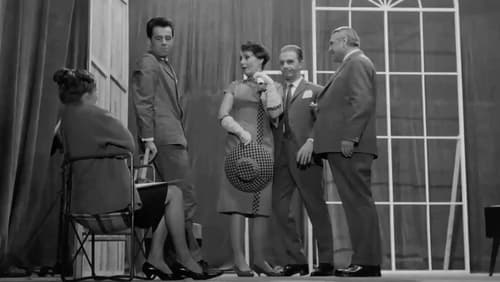
Flapcia
A budding playwright is thrilled to find out that his play will be performed at a prestigious theater, but a series of problems pile up, along with the general feeling that opening night will be disastrous.

Niura
"In 1960 Kazimierz Kutz' second film NIKT NIE WOLA / NOBODY'S CALLING, based on a Jozef Hen novel that was never published in Poland, described the fate of Poles on the Eastern Front. Kutz used the film to explore new formal solutions, collaborating closely with cinematographer Jerzy Wojcik to reveal the psychological landscape of a pair of lovers who are strongly affected by wartime events. The camera recorded the couple's inner experiences, contrasting their muted intimacy against the surrounding scenery of a ruined town. The film did not win over critics at the time of its release. It was not until later that critics recognized Kutz's effort to experiment with aesthetics in a manner akin to that pursued by filmmakers of the new wave. NOBODY'S CALLING came to be compared with Michelangelo Antonioni's THE ADVENTURE, which was produced around the same time."
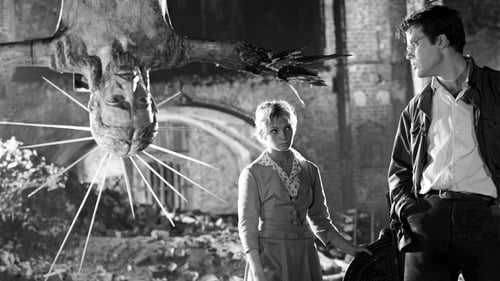
Stefka
第二次世界大戦末期、ポーランド。反ソ派テロリストのマチェック(チブルスキー)は、ソ連から来た共産地区委員長暗殺の指令を受ける。しかし、誤って別の男二人を殺してしまう。「世代」「地下水道」に続くワイダの戦争三部作。モノクロの画面の中、虫けらのように儚く消えてゆく青年の命。その空しい死に様は、観る者を絶句させずにはおかない。

Zofia Karpińska

Clerk in Central (uncredited)
